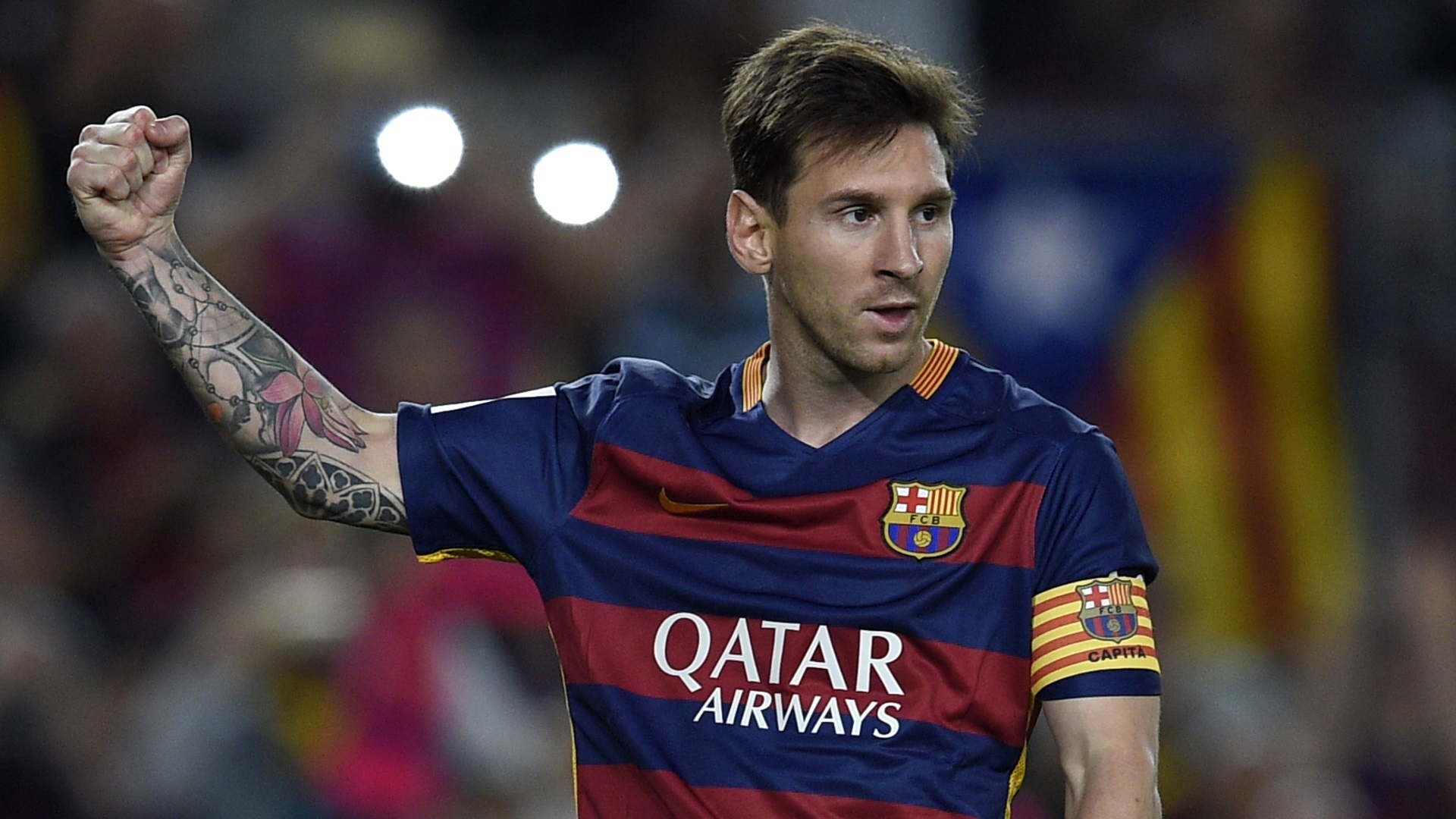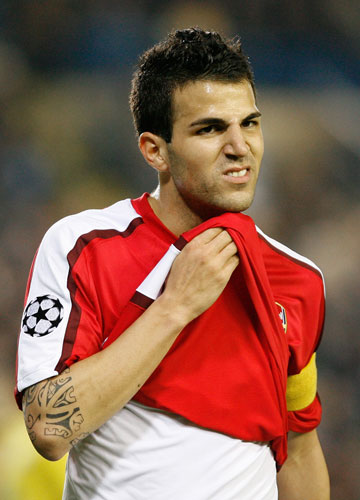So, Manchester United look like they are going to win the Premier League title again. And with Chelsea dying a slow death in West London and Arsenal constantly shooting themselves in the foot, while Liverpool argue with their own manager, can anyone challenge them?
The Reds one-sided success (this year would make it 11 wins out of 17) in the English Premier League puts the league in danger of turning itself into an Eastern European backwater-type league where a single team is dominant for decades, as the rest of the country scratches around for scraps. The red herring this season is Aston Villa, who have broken into the top four, but is that because they have improved to meet the top four, or is it that the three below Man Utd are drifting down to meet them?
The fact that the top tier in the English league has an obvious second league of teams nowhere near good enough to challenge for anything other than mid-table obscurity, underline the crossroads English football appears to be at.
Of course, there's the money. Last week it was announced that Sky accidentally blew Setanta out of the water and took five out of six Premier League TV packages by upping their bid to £1.4bn over three years. All good for clubs who can continue to throw money at players in a bid for the Holy Grail of football, a place in the top four .
But that money is only the base on which the big clubs are building their brands - and Man Utd's success is such that they are in danger of getting too big for British football. A survey last year suggested that United had 333m fans worldwide compared with 75m in 2003. Clearly, success is paying off globally - one only has to look at the growing percentage of southeast Asian fans popping up at Old Trafford for visual evidence.
Man Utd's dominance would not threaten "Brand Premier League" on its own: what the English leagues should be really worried about is that the rest of Europe appears to be getting its act together. As TV pays the bills, and global branding pays for the pretty dresses, any danger to Brand Premier on the world stage will be disastrous, particularly as the world lurches into a financial crisis.
The four big leagues (France, Italy, Spain and Germany) are in the midst of becoming more exciting by the week, with competition at the top and engaging action at the bottom, with a little quality, too. There finances appear to be improving rapidly, too. France's Ligue 1 has seven teams vying for the title this year: perhaps because the team that has dominated for a decade, Lyon, has not had the global branding Man Utd has had. And the French leagues hit the jackpot in 2005 when a bidding war put the price of TV packages at £1.6bn - almost on a par with the Premier League.
Last year, the German Bundesliga took over the English Premiership's mantle as the league making the most money out of shirt sponsorship: a small part of a club's overall revenue but significant in that it suggests how bankable the league is in terms of marketability.
A year ago a rather doom-laden Spanish La Liga was looking at multiple bankruptcies as economists warned that clubs had radically overspent to keep up with Real Madrid and Barcelona. But the fact that Spain has two clubs bigger than Man Utd means that it will always be more competitive on a global market. It also has the advantage that there are more football-mad nations that speak Spanish than English-speaking nations.
The fate of Italian clubs, meanwhile, should serve as a warning for the money-bloated Premier League. For years they fed on bloated cheques from rich owners - often local companies done good or senior politicians or Italian oligarchs. Now it doesn't look so good. Juventus has been dropped a league and since returned, while many other clubs suffered from wage bills hitting 85% of income. Now, there is some light at the end of the tunnel. Clubs like Napoli, which suffered from the previous wage profligacy (Maradona and Paul Gascoigne the highest profile luxuries), are back in the black and highflying in Serie A. Oh, and Italy still has four of the top 20 richest clubs in Europe.
Perhaps more importantly is the strong support in Italy for a salary cap which, if implemented, will drive Italian clubs back up to the top in Europe.
If the Premier League continues on its current path, three things could happen:
1) Of course, everything could work out fine, with the money levelling off as Brand Premier begins to help every club in the league. Competition becomes more intense, the world is hooked,
2) Man Utd continue to dominate and the fans slowly but surely switch off. United decides it doesn't want to share the TV money so, as the only show in town, decides to break away from the TV package and sell itself. With little or no competition at home European action becomes more important. The spectre of a European super league raises its ugly head again.
3) Brand Premier goes the way of Italy: money breeds corruption, breeds alienation and eventually the English falls into a bitter sea of fear, court cases and recriminations. Millions worldwide switch back to a revitalized Serie A and La Liga and the old world order is duly re-established.
Sepp Blatter allows himself a quiet, triumphant smile.
The ultimate football betting portal - comprehensive advice for the conscientious football gambler



















No comments:
Post a Comment